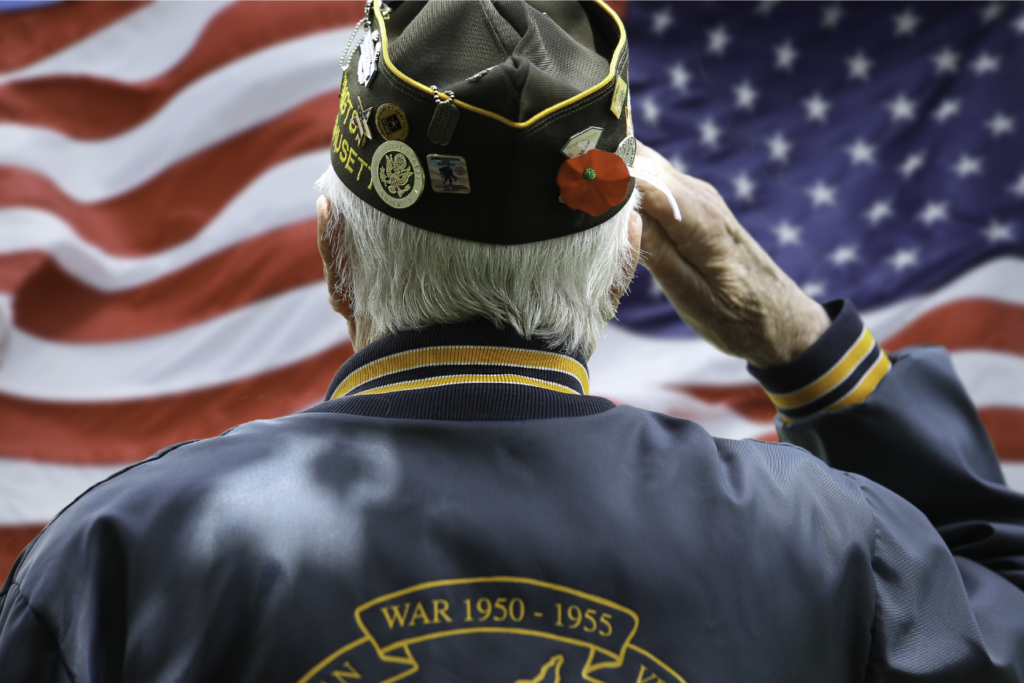Aid & Attendance Benefits for Wartime Veterans: How to Take Advantage of 2021 Pension Rate Increases to Pay for Long-Term Care

Many veterans and their families are unaware of the availability of the Aid and Attendance pension benefit for veterans over the age of 65 through the Department of Veterans Affairs. These benefits can be used to help offset long-term care costs for older veterans who served during a period of war, whether that’s at home or in a care facility.
What Is Aid and Attendance?
Wartime veterans and their spouses who require help performing tasks of everyday living (bathing, dressing, medication management, etc.) may be eligible to receive a non-service connected pension benefit through the VA to help pay for care in their home or a senior living facility. The A&A pension is available to veterans who were honorably discharged after at least 90 days of active duty, as well as their surviving spouses.
New Pension Rates for 2021
In 2021, a veteran may receive up to $1,936 per month for themselves, up to $1,244 per month to a surviving spouse, or up to $2,295 per month for a couple. For two veterans who are married and qualify, the benefit amount may be up to $3,071 per month.
How to Qualify for Aid and Attendance Benefits
To qualify for Aid and Attendance benefits, the veteran’s physician will need to certify that the individual requires assistance with daily living tasks such as dressing, bathing, cooking, and eating. These are also referred to as ADLs or Activities of Daily Living.
The location or type of care is based primarily upon the need for assistance with ADLs. This assistance can be provided in the individual’s home or a care facility including a nursing home or assisted living facility. An individual living in an independent living situation may also qualify if they need onsite assistance. If the person providing the care is a family member, VA benefits would not apply unless the applicant is paying the family member the same way they would pay a caregiver who is not a relative. The relative caregiver would be responsible for claiming the income on their taxes.
Likewise, there are income and asset limitations that a veteran and/or spouse must meet in order to receive benefits. If the veteran does not initially qualify, an elder law attorney can help the veteran legally reallocate their funds to fall within the government’s guidelines.
If an application for A&A benefits is denied, a reason for the denial will be provided. Rather than appealing the denial, the applicant will need to file a form that allows them to provide additional information. Also, remember that nobody is allowed, under the law, to charge a veteran or their spouse fees for completing or expediting the application or other documents for VA pensions.
More information about the A&A pension, including a benefits calculator, can be found at VeteransAid.org. If you need assistance accessing such benefits for yourself or an older loved one, contact our estate and elder law firm at (650) 422-3313.






